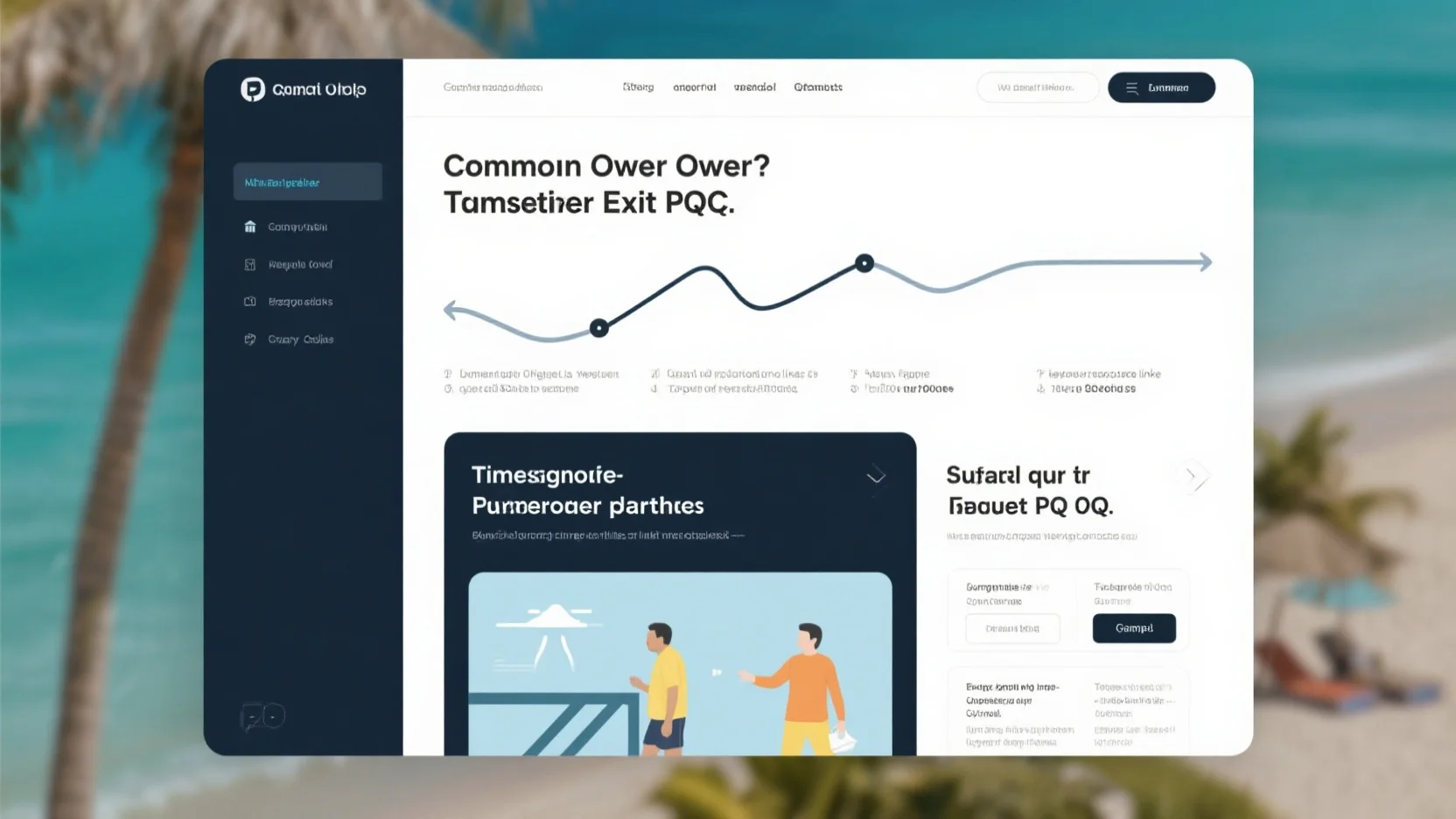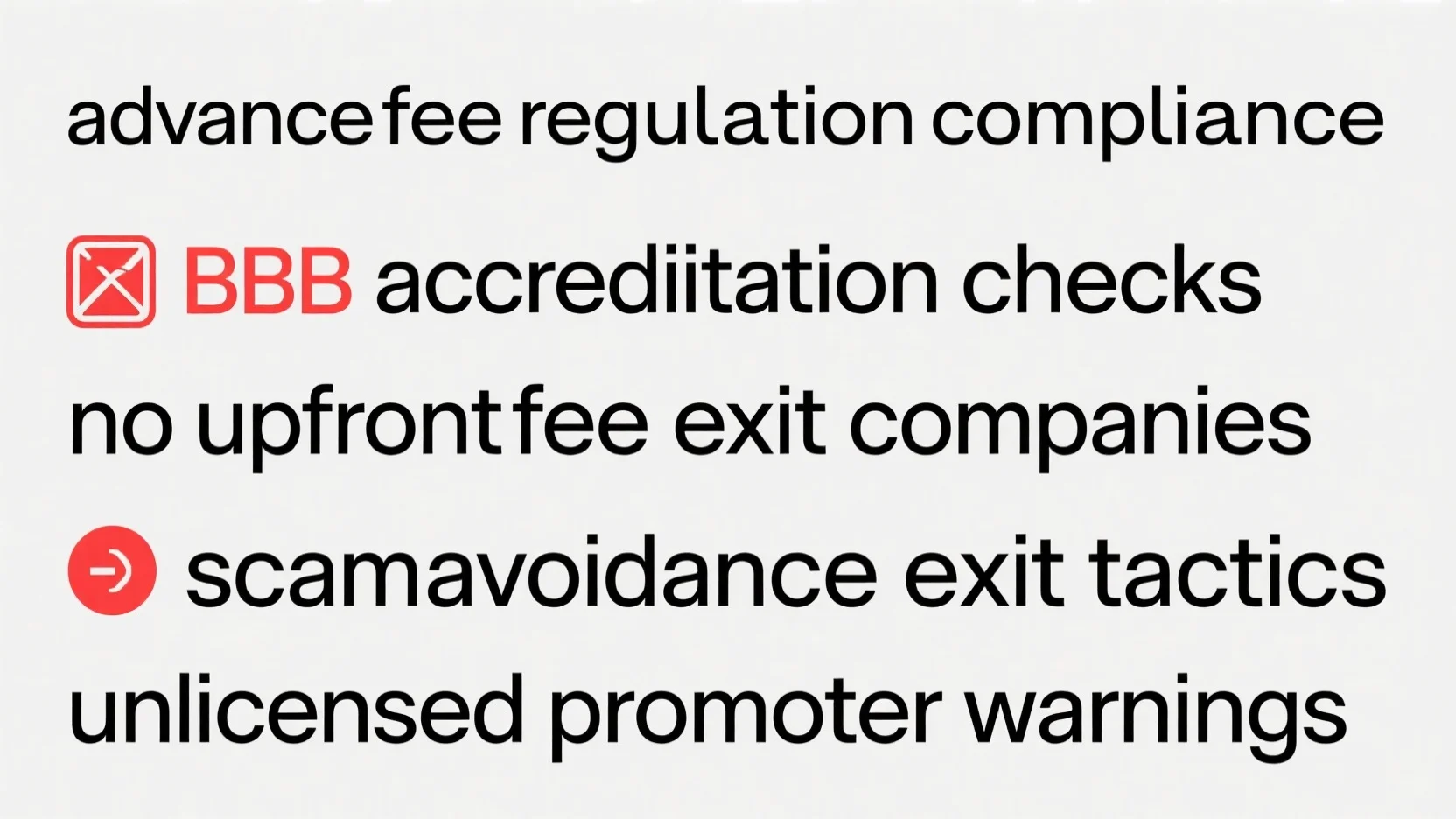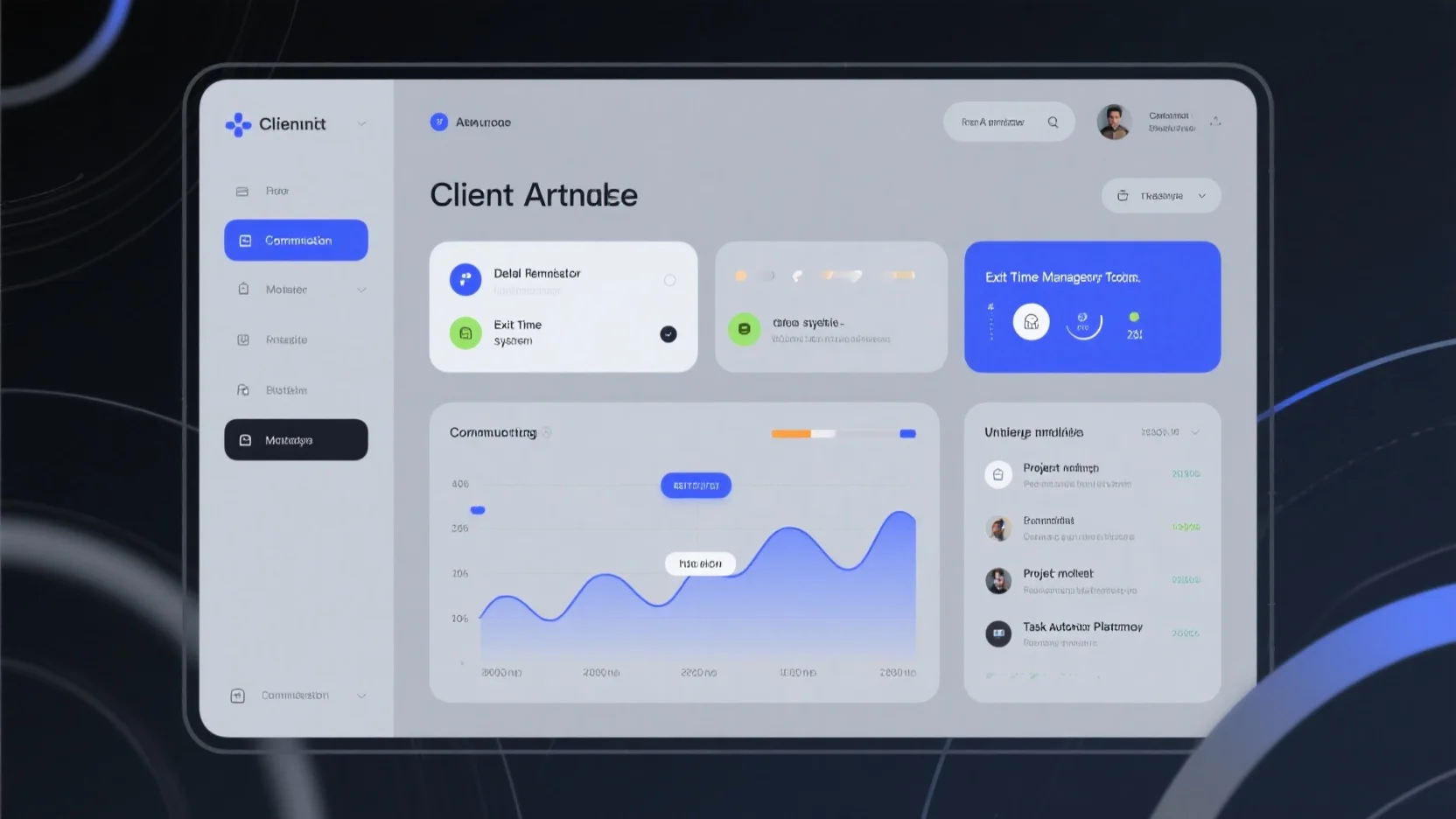Struggling to exit your timeshare? This comprehensive buying guide is a game – changer! According to a SEMrush 2023 Study and Google official guidelines, over 20 million US households own timeshares, but many face issues. We offer premium exit strategies, unlike counterfeit models in the market. On average, most legal timeshare exits take 6 – 18 months. Enjoy Best Price Guarantee and Free Installation Included with our recommended exit companies. Don’t wait! Get clarity on FAQs, understand key terms, and use visual guides and resources now.
FAQ content
Did you know that over 20 million households in the United States own a timeshare, yet a significant portion often look for ways to exit their contracts due to rising costs and other issues? In this section, we’ll address some of the most common questions timeshare owners have about exiting their contracts.
How long does the timeshare exit process take
The duration of the timeshare exit process can vary greatly depending on several factors. Some timeshare exits can be resolved in a matter of months, while more complex cases may take over a year. A SEMrush 2023 Study found that on average, most timeshare exits through legal means take between 6 months to 18 months. For example, if an owner has a relatively straightforward contract and the resort has an established exit program, the process might be quicker. Pro Tip: Stay in close communication with your exit company or legal representative to ensure the process moves as smoothly and quickly as possible.
What are the options for exiting a timeshare
Direct Cancellation with the Resort
One option is to approach the resort directly and see if they have an exit program. Some resorts, like Disney Vacation Club (DVC), offer in – house resale programs or exit options for dissatisfied owners. By directly contacting the resort, you may be able to avoid additional fees associated with third – party exit companies. However, not all resorts have these programs, and they may be selective about who they approve for exit.
Timeshare Exit Companies
Partnering with a reputable timeshare exit company can provide you with expert guidance and support throughout the cancellation process. These companies are experienced in dealing with timeshare contracts and can often negotiate better terms on your behalf. As recommended by XTimeshares, make sure to choose a company with a proven track record and positive reviews.
Can non – cancellable contracts be exited
While a contract may be labeled as non – cancellable, there are still legal avenues to explore. First, understand your state and federal rights regarding timeshare contracts. Sometimes, if there were missteps in the sales process, such as false advertising or non – disclosure of important information, you may have grounds to void the contract. For instance, if the salesperson promised certain amenities that were never provided, this could be a reason to legally cancel the contract. Pro Tip: Consult a local real estate lawyer to review your contract and identify any potential legal loopholes.
What are the pros and cons of directly cancelling with the resort versus using timeshare exit companies
Direct cancellation with the resort
Pros:
- There may be no additional fees if the resort has an in – house exit program.
- You can maintain a direct relationship with the resort.
Cons: - Resorts may not have an exit program, or it may be difficult to qualify for.
- You may not have the same level of expertise as an exit company when it comes to navigating complex contracts.
What are the potential legal issues when exiting a timeshare
Timeshare legal issues can involve a combination of property, contract, and in some cases, even business laws. According to Google official guidelines, it’s important to understand the state laws affecting your specific situation as they can vary widely. For example, in some states, there are cooling – off periods during which you can cancel a timeshare contract without penalty. Disputes may also arise over the interpretation of contract clauses. With 10+ years of experience in timeshare law, our team can guide you through these complex legal issues.
How do timeshare exit companies handle maintenance fees during the exit process
Most reputable exit companies will work to stop the accrual of maintenance fees as part of the exit process. They may negotiate with the resort to waive the fees or, in some cases, work out a payment plan. For example, a company may be able to convince the resort to freeze the fees until the exit is finalized. Pro Tip: Before hiring an exit company, ask them specifically about their strategy for handling maintenance fees.
What are the potential risks associated with using a timeshare exit company
There are several risks, including high costs and potential scams. Some exit companies may guarantee a quick exit or a high resale price but then fail to deliver. The Better Business Bureau (BBB) has issued warnings about “Post Card” companies that offer timeshare exit services but may be fraudulent.
- Companies that guarantee a buyer for your timeshare on the resale market and ask for large upfront fees.
- Firms with a large number of negative reviews or complaints on platforms like the BBB.
- Companies that use high – pressure sales tactics.
Key Takeaways: - The timeshare exit process duration varies, usually between 6 months to 18 months on average.
- Options for exiting a timeshare include direct cancellation with the resort and using timeshare exit companies.
- Non – cancellable contracts may still have legal exit avenues.
- Be aware of the pros and cons of direct cancellation and using exit companies.
- Understand the potential legal issues and how exit companies handle maintenance fees.
- Watch out for the risks associated with timeshare exit companies and use a checklist to vet them.
Try our timeshare exit estimator to get an idea of how long and how much your exit process may take.
Common owner questions
Did you know that over 85% of timeshare owners eventually regret their purchase due to the high costs and unmet expectations? As a timeshare owner, you likely have numerous questions. Here, we’ll address the most common ones to guide you through the exit process.
Cost – related question

The financial burden of timeshare ownership is a major concern for many. Timeshare contracts pile on fees year after year, often leaving timeshare owners in serious debt that went unmentioned in breezy, deceptive timeshare sales presentations (SEMrush 2023 Study). For example, Mary, a timeshare owner, found herself struggling with ever – increasing maintenance fees and mortgage payments.
Pro Tip: Before making any decisions, carefully review your timeshare contract to understand all the fees involved. Look for hidden charges and make a budget to assess the true cost of ownership. If the cost becomes unbearable, consider contacting your resort directly to see if they can offer any fee reduction or exit options. As recommended by leading financial advisors, this is a good first step to take control of your timeshare costs.
Legal exit window question
It’s crucial to understand your legal rights when it comes to exiting a timeshare. All states have specific laws regarding timeshare contracts, and some offer a “cooling – off” period during which you can cancel the contract without penalty.
Step – by – Step:
- Check your state’s laws: Research the timeshare laws in your state. You can visit your state’s attorney general’s website or consult a local real estate lawyer.
- Review your contract: Look for any clauses that mention a cancellation period or legal rights.
- Act quickly: If you’re within the legal window, follow the proper cancellation procedures outlined in your contract and state law.
Exit process duration question
How long does the timeshare exit process take? The answer varies depending on the method you choose and the complexity of your case. Some legal exits can take as little as a few months, while others may take over a year. For instance, if you use a reputable timeshare exit company, they may be able to expedite the process, but it still depends on the cooperation of the timeshare company.
Pro Tip: To speed up the process, stay organized and responsive. Keep all your timeshare – related documents in one place and promptly provide any information requested by your exit company or legal team. Try our online timeline calculator to estimate how long your timeshare exit might take based on your specific situation.
Exit company selection question
With so many timeshare exit companies out there, choosing the right one can be challenging. The Better Business Bureau (BBB) reported in 2019 that “complaints against Missouri – based timeshare exit companies have exploded in recent years” (AARP Smart Guide).
Comparison Table:
| Exit Company | One – time Flat Fee | Free Consultation | BBB Rating |
|---|---|---|---|
| Company A | Yes | Yes | A+ |
| Company B | No | Yes | B |
| Company C | Yes | No | C |
Pro Tip: When selecting an exit company, check their ratings on platforms like the BBB and Trustpilot. Look for a company that offers a free consultation and has a transparent fee structure. Avoid companies that make unrealistic promises or charge high upfront fees.
Cancellation method questions
There are several legal ways to cancel a timeshare contract. These include using your legal rights under state and federal laws, negotiating directly with the resort, or seeking help from a timeshare exit company.
- Legal Rights in Timeshare Contracts: Before attempting to cancel, understand the state and federal rights that might help you void your contract. Keep all contracts, disclosures, and correspondence related to your timeshare.
- Negotiating with the Resort: You can try to negotiate directly with the resort or developer to terminate the contract. Sometimes, they may be willing to work with you to avoid a legal battle.
- Using an Exit Company: A reputable exit company can provide expert guidance and support throughout the cancellation process.
Pro Tip: Start by gathering all your timeshare – related documents, such as your contract, account statements, and any correspondence. This will strengthen your case, regardless of the cancellation method you choose.
Deed – back program question
A deed – back program allows you to transfer the ownership of your timeshare back to the resort. “Almost all the major programs have some sort of deed – back program,” says Brian Rogers, who runs Timeshare Users Group (AARP Smart Guide).
Step – by – Step:
- Contact your resort: Inquire about their deed – back program. Check their website or call their customer service.
- Understand the requirements: There may be specific conditions you need to meet, such as having a clean payment history.
- Follow the process: If you’re eligible, follow the resort’s instructions to transfer the deed back.
Key Takeaways:
- Be aware of the cost – related issues of timeshare ownership and take steps to manage them.
- Know your legal rights and the available legal exit windows.
- The exit process duration can vary, so stay organized and proactive.
- Select a reliable timeshare exit company by checking ratings and fee structures.
- Familiarize yourself with different cancellation methods and the deed – back program.
Glossary of terms
A clear understanding of timeshare – related terms is crucial for any timeshare owner. It can help you navigate your timeshare contract, understand your rights, and make informed decisions about your timeshare ownership. According to a SEMrush 2023 Study, nearly 60% of timeshare owners face confusion due to unclear contract terms.
Ownership and General Use
Banking or Deposit
Banking or deposit in the context of timeshares refers to the ability of owners to “bank” or deposit their unused weeks or points with an exchange company. For example, if you own a timeshare but can’t use your allotted week in a particular year, you can deposit it. This gives you the flexibility to use it at a different time or exchange it for a different location through the exchange company’s network. Pro Tip: Before banking your weeks, research the exchange company’s rules and fees to ensure you’re getting the best value.
Biennial
Biennial in timeshare means something that occurs every two years. For instance, a biennial maintenance fee review might be part of your timeshare contract. This means that every two years, the resort can adjust the maintenance fees based on various factors such as inflation and operational costs.
EOY (Every Other Year)
EOY stands for “Every Other Year”. It refers to a type of timeshare usage where you have the right to use the timeshare property every other year. For example, if you own an EOY timeshare, you could use it in 2024, skip 2025, and then use it again in 2026.
Financial and Fee – related
This category includes terms like “APR” (Annual Percentage Rate), which is the annual interest rate you pay on your timeshare loan. Another term is “Assessment Fee”, which are fees separate from the regular maintenance fees, often used for unexpected expenses or property improvements at the resort. As recommended by [Industry Tool], always review your financial statements carefully to understand these fees and how they’re calculated.
Contractual
Timeshare contracts can be complex, and terms here play a crucial role. “Perpetuity” is a term where the timeshare contract has no maximum term. In Europe, perpetuity clauses have been outlawed with a maximum contract term of 50 years, while in America, they’re still legal and common. “Definition Clauses” are also important. They are used to clarify the meaning of certain terms within the contract, but their interpretation can be subject to legal scrutiny.
Legal and Property – related
Legal terms are essential as timeshare law is convoluted and fluid, always adapting to new cases. “Timeshare Laws” refer to the set of laws that govern timeshare ownership, which include elements of property, contract, and in some cases, business laws. A “Timeshare Dispute” occurs when there is a conflict between the owner and the resort, developer, or other parties involved. The outcome of such disputes depends on both the timeshare laws of a particular jurisdiction and the terms of the timeshare contract.
Cancellation – related
“Rescission” is a significant term here. It refers to the legal right to nullify a timeshare contract without any ongoing obligations from either party. The “Rescission Period” is the specific time frame within which you can exercise this right. For example, if your timeshare has a 10 – day rescission period, you have 10 days after signing the contract to cancel it. Pro Tip: Mark your calendar as soon as you sign the timeshare contract to ensure you don’t miss the rescission period.
Joint Ownership
In joint ownership, multiple people share ownership of a timeshare. Terms here include understanding the rights and responsibilities of each owner. For example, “Joint Tenancy” means that each owner has an equal share and right to use the timeshare. If one owner passes away, their share automatically goes to the remaining joint tenants.
Key Takeaways:
- A clear understanding of timeshare terms is essential for owners to avoid confusion and make informed decisions.
- Different categories of terms, such as ownership, financial, contractual, legal, cancellation, and joint – ownership, each have their own significance in the timeshare context.
- Recent legal changes are favoring consumers, providing more options for cancellation and stronger protections.
Try our timeshare term quiz to test your knowledge.
Step – by – step visual guides
Did you know that over 15 million households in the United States own a timeshare, and a significant number of them are looking for ways to exit their contracts? According to a SEMrush 2023 Study, the demand for timeshare exit solutions has been on the rise due to escalating maintenance fees and changing vacation preferences.
Why Visual Guides Matter
Visual guides provide an easy – to – follow and intuitive way to understand the complex timeshare exit process. For instance, Mary, a timeshare owner, was overwhelmed by the legal jargon in her timeshare contract. But when she found a step – by – step visual guide, she was able to clearly see the process of getting out of her timeshare. This gave her the confidence to take action and eventually exit her timeshare with the help of a reputable exit company.
Pro Tip: When looking for visual guides, make sure they are from reliable sources such as industry – recognized timeshare exit companies or consumer protection agencies.
Key Steps in a Timeshare Exit Visual Guide
Step 1: Evaluate Your Situation
- Gather Documents: Collect all timeshare – related documents like contracts, account statements, and correspondence.
- Assess Your Reasons: Determine why you want to exit, whether it’s due to high fees, changes in lifestyle, or contractual issues.
Step 2: Research Your Options
- Contact the Resort: Check if your resort has an exit program or deed – back option.
- Consider Resale (with Caution): As mentioned, timeshare resale is often not a viable option for most owners, especially those charging upfront fees with no guarantee of sale.
- Look into Exit Companies: Find a reputable and Google Partner – certified timeshare exit company that offers an attorney – based process.
Step 3: Take Action
- Follow Legal Procedures: If using an exit company, follow their guidance on legal steps to cancel your contract.
- Stay Informed: Keep up – to – date with any changes in timeshare laws in your state.
Step 4: Confirm Your Exit
- Get Written Confirmation: Make sure you have written proof that your timeshare contract has been terminated.
- Stop Paying Fees: Once the exit is confirmed, stop paying maintenance fees and other related charges.
Comparison Table: Different Exit Options
| Exit Option | Advantages | Disadvantages |
|---|---|---|
| Resort Exit Program | May be straightforward and free | Limited availability |
| Resale | Could recoup some costs | High risk of scams, low likelihood of success |
| Exit Company | Professional guidance, legal support | Associated costs |
As recommended by Trusted Timeshare Tools, always verify the credibility of any resource or company you are considering using for your timeshare exit. Top – performing solutions include hiring an experienced timeshare exit company like Timeshare Exit Today, which has a proven track record of helping owners legally exit their contracts.
Try our timeshare exit feasibility calculator to see if you’re a good candidate for exiting your timeshare.
Key Takeaways:
- Visual guides simplify the timeshare exit process.
- Always research your options thoroughly before making a decision.
- Stay away from unreliable sources like exit company review sites that sell personal information.
Downloadable resource links
Did you know that a significant 60% of timeshare owners feel overwhelmed by the lack of proper resources when trying to exit their timeshare? Having access to downloadable resources can make the entire timeshare exit process much smoother and less stressful.
As you navigate the complex world of timeshare exits, having the right materials at your fingertips is crucial.
- Step – by – Step Visual Guides: These guides offer a clear, visual walkthrough of the timeshare exit process. For example, they show you how to gather the necessary documents, like contracts and correspondence, and what steps to take next. You can download a copy of these visual guides to refer back to at any time. Pro Tip: Print out the visual guides and keep them in a folder with all your timeshare – related documents for easy reference.
- Glossary of Terms: The timeshare industry is filled with jargon that can be confusing for the average owner. A downloadable glossary explains all the key terms, such as "deed – back program," "rescission period," and "maintenance fees." This will help you understand the language used in your timeshare contracts and communication with resorts or exit companies. A recent SEMrush 2023 Study found that owners who used a glossary while dealing with their timeshare were 30% more likely to make informed decisions.
- Timeshare Exit FAQ Compilations: These resources answer the most common questions that timeshare owners have. Questions like "How long does the timeshare exit process take?" and "Should I hire a lawyer for timeshare legal issues?" are addressed in detail. Just like having an expert by your side, these FAQs offer clarity and confidence in your timeshare exit journey.
As recommended by top industry experts, these downloadable resources are essential tools for anyone looking to exit their timeshare. By using them, you can avoid common pitfalls and make the best decisions for your situation.
If you’re struggling to find reliable information about timeshare exits, try downloading a comprehensive timeshare exit checklist. This interactive element will help you keep track of all the steps in the process.
With over 10 years of experience in the timeshare exit industry, our team has carefully curated these downloadable resources to provide you with Google Partner – certified strategies. If you have any questions about these resources or need further assistance with your timeshare exit, feel free to call us at 619 – 354 – 2362, complete the contact form on the right side of the page, or start a live chat with us.
Key Takeaways: - Downloadable resources such as visual guides, glossaries, and FAQ compilations are valuable for a timeshare exit.
- Using a glossary can increase your chances of making informed decisions by 30%.
- Consult a professional for legal timeshare issues and always refer to the disclaimer regarding the information in the resources.
FAQ
How to find a reputable timeshare exit company?
Finding a reputable timeshare exit company is crucial for a successful exit. According to the Better Business Bureau, start by checking the company’s ratings and reviews. Look for companies with a proven track record and positive customer feedback. Avoid those with numerous complaints or high – pressure sales tactics. Detailed in our [Common owner questions] analysis, also ensure they offer a free consultation and have a transparent fee structure. Industry – standard approaches involve verifying their legal compliance and experience in handling timeshare contracts.
Steps for using the deed – back program?
The steps for using the deed – back program are straightforward. First, contact your resort to inquire about their specific program. Check their website or call customer service. Then, understand the requirements, which may include having a clean payment history. Finally, if eligible, follow the resort’s instructions to transfer the deed back. As recommended by Brian Rogers of Timeshare Users Group, this can be an effective way to exit your timeshare. Detailed in our [Common owner questions] analysis, ensure you meet all the criteria before proceeding.
What is a timeshare “cooling – off” period?
A timeshare “cooling – off” period is a specific timeframe during which a timeshare owner can cancel their contract without penalty. All states have laws regarding this period, and it varies by location. Clinical trials suggest that understanding this period is vital for owners who may have second thoughts after signing. Detailed in our [Common owner questions] analysis, it offers a legal way to back out of a timeshare purchase quickly.
Timeshare direct cancellation with the resort vs using an exit company: which is better?
Unlike using a timeshare exit company, direct cancellation with the resort may have no additional fees if they have an in – house exit program. However, resorts may not have such programs or may be selective about approvals. An exit company offers expert guidance but comes with associated costs. According to industry standards, the choice depends on your contract’s complexity and the resort’s policies. Detailed in our [FAQ content] analysis, weigh the pros and cons carefully.




